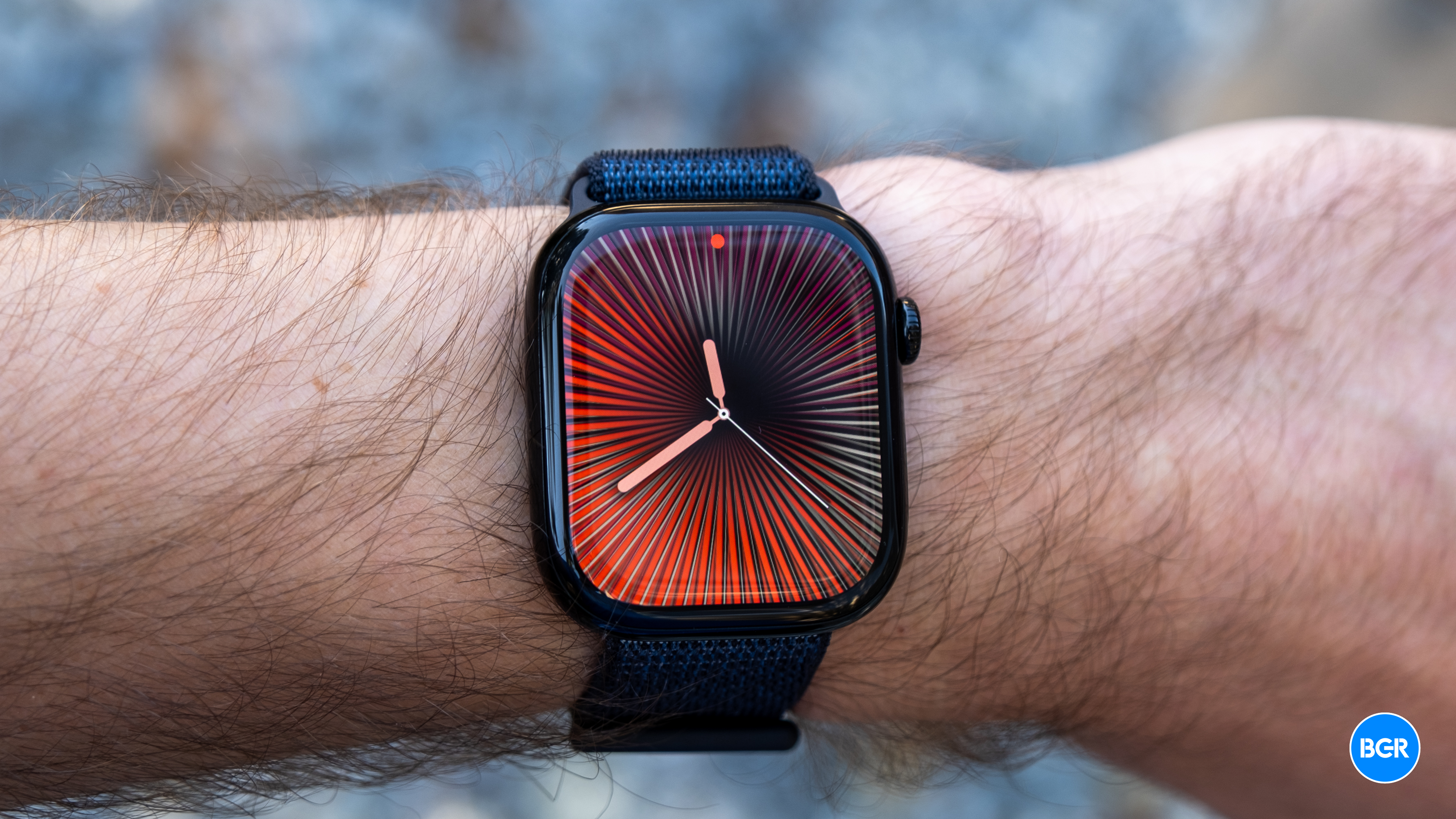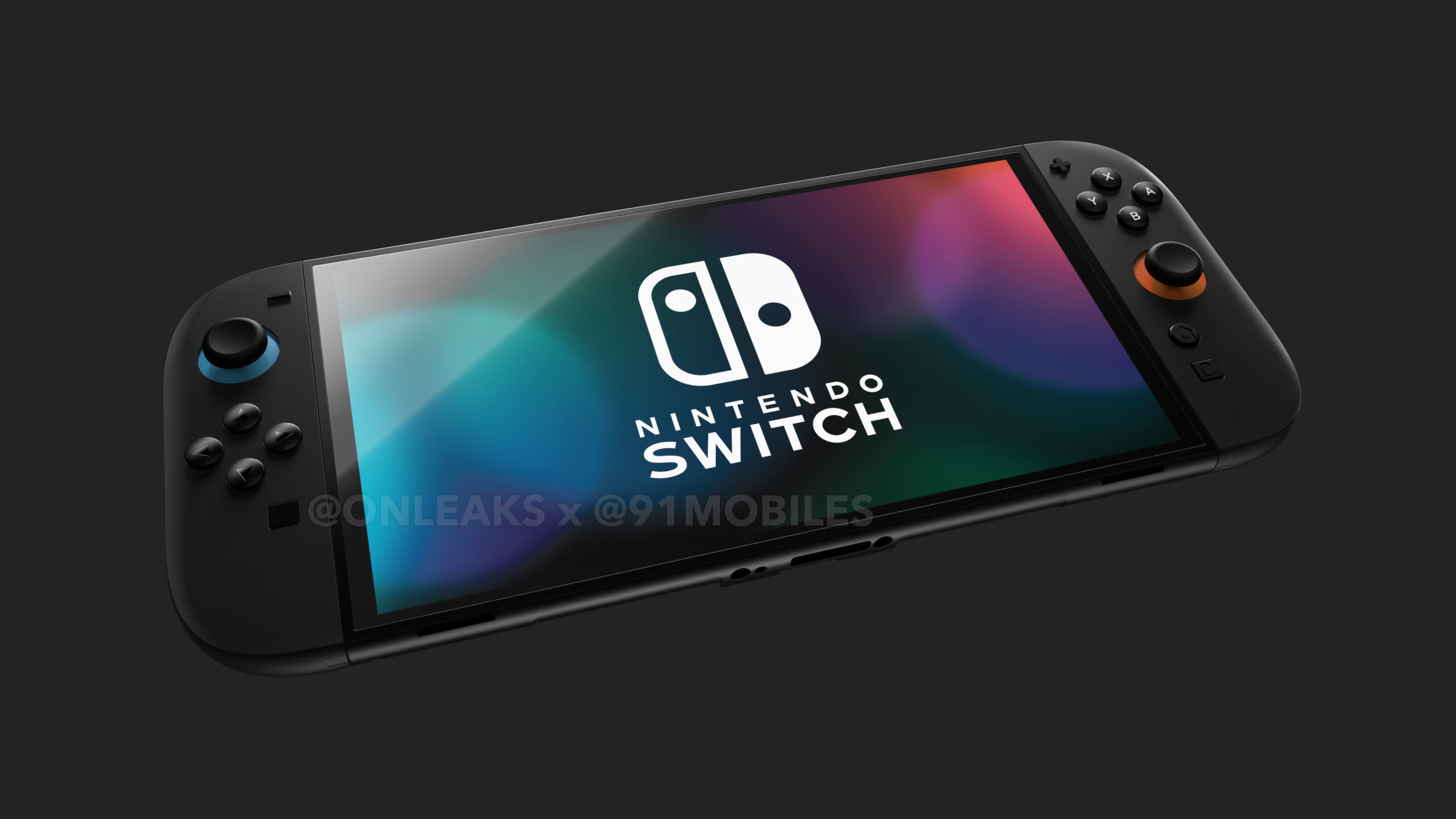The Apple Watch Series 10 feature I didn’t see coming was incredible battery life. I’ve written about it time and time again, and I’m still blown away after more than three months of usage. The Series 10 routinely lasts around 30 hours on a charge. Even if I train hard for my marathon races, I still get well over 24 hours of battery life.
Add the Series 10’s fast-charging support, and I never have to go more than an hour without the wearable on my wrist. That’s an important factor for me, as I want to minimize the data gaps while tracking my health. I expect future Apple Watch generations to have even better battery life than the Series 10 and Ultra, as well as faster charging speeds.
While Apple’s plans to improve battery life for its various Apple Watch variants have not leaked, a big development just materialized in South Korea. Samsung is getting ready to manufacture solid-state batteries for small devices like wearables. If the company is successful, I wouldn’t be surprised to see huge battery life gains in 2026 Apple wearables like the Apple Watch Series 12 and Ultra 4.
A report from AlphaBiz says that Samsung Electro-Mechanics is accelerating the development of this next-gen battery tech. The Korean-language news outlet noted that Samsung will prototype small solid-state batteries featuring an oxide-based solid electrolyte this year. Mass production should start next year.
“Our solid-state battery has secured the highest level of energy density and capacity characteristics in the industry,” Samsung Electro-Mechanics CEO Jang Deok-hyun said at a press conference at CES 2025. Samsung will invest in new facilities this year, ahead of next year’s plans for mass production.
The company didn’t mention clients for these new batteries, and it’s too early for that. However, it wouldn’t be surprising for Apple to test battery prototypes from various suppliers, including Samsung. After all, the Korean giant plays a huge role in Apple’s supply chain. For example, Samsung Display makes the majority of OLED panels the iPhone needs.
The report says the solid-state batteries that Samsung is developing could replace existing lithium-ion batteries in small devices like wearables. Rumors about two years ago said that solid-state batteries were coming to iPhone and Galaxy devices. The AlphaBiz report doesn’t mention smartphones. It only references wearables as a potential product that could use solid-state batteries by next year.
This battery tech replaces the liquid electrolyte routinely found in current batteries with a solid one. As a result, solid-state batteries can offer increased capacity, which can lead to significant battery life improvements.
Solid-state batteries can also recharge faster than traditional batteries and degrade much slower. Since they do not feature a flammable liquid, they’re safer and less likely to overheat and catch fire.
One downside is that solid-state batteries might increase the weight of devices slightly. Also, they would be more expensive to manufacture.
But if Samsung can deliver such batteries for wearables, I wouldn’t be surprised to see some of its competitors offer similar components. One way or another, Apple Watch Series 10 successors might get solid-state batteries.
If it were to happen as soon as the Apple Watch Series 12, the wearable could offer massive battery life and health improvements.
Assuming a 30% battery capacity increase with the same available internal space as the Series 10, a solid-state battery could increase the official Series 12 battery life estimate to almost 24 hours. The batteries could recharge 20% to 40% faster and last 1,000 to 2,000 cycles instead of the current 500. The Ultra would see similar gains, though these estimates don’t account for any power-hungry new features that might be introduced by Apple.
We might be looking at an important milestone for consumer electronics batteries nonetheless. Even if the Apple Watch doesn’t get a solid-state battery anytime soon, I wouldn’t be surprised to see the technology equip wearables from Samsung and other vendors. Remember that Samsung is very interested in health, launching the Galaxy Ring smart ring last year and an Apple Watch Ultra alternative.
Separate reports have claimed that both Apple and Samsung are developing silicon-carbon batteries for iPhone and Galaxy phones to respond to increased competition from Chinese smartphone vendors. This battery tech should also be ready next year.









